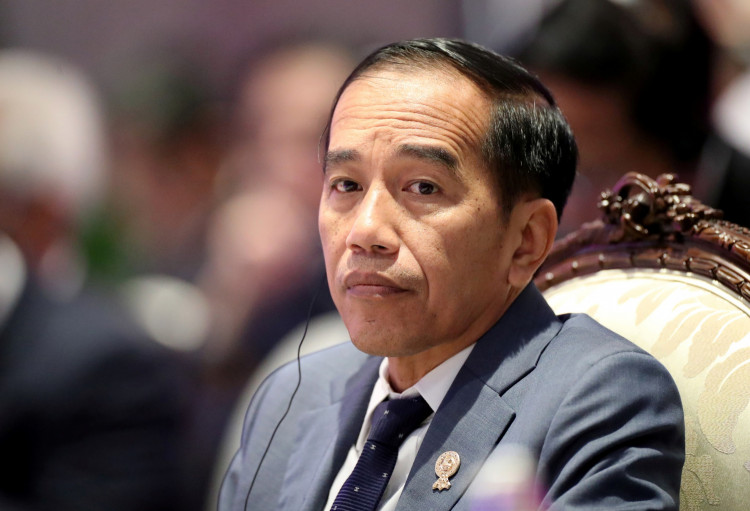Indonesian President Joko "Jokowi" Widodo on Thursday called on his countrymen to increase consumption and purchases of palm oil. His call for increased domestic consumption of the product came amid ensuing tensions with the European Union (EU).
According to local weekly magazine Tempo, Jokowi said one of the key solutions to resolve the current account the deficit in the country is to boost domestic use of natural resources such as palm oil.
"Why do we have to go through fighting with the European Union with the CPO (crude palm oil) bans and discrimination," Jokowi was quoted to have said during a Thursday event.
Widodo, who is more popularly known by his nickname Jokowi, argued that proper CPO processing and domestic consumption will bring out the true quality and value of the product within two years.
During his speech, Jokowi noted that palm oil makes up for a huge portion of Indonesia's total exports every year. He said that instead of exporting and feuding with importing countries, Indonesians should start using its own palm oil products.
The EU previously announced plans to ban palm-oil based biofuel exports to the bloc and several CPO-manufacturing countries have raised eyebrows over the decision. Malaysia and Indonesia both announced that they will file separate complaints against the move at the international trade regulator's office.
The ban is expected to take effect by 2030, but Malaysian Prime Minister Mahathir bin Mohamad, in particular, called on palm-oil exporting countries to stand up against the bloc's plans to ban the product.
Aside from the issue on palm oil, the Indonesian chief's mention of the EU this week came amid a recently ignited trade dispute between the Southeast Asian nation and the bloc over the recent nickel export ban that pushed the European Union to lodge a complaint at the World Trade Organization (WTO).
Last week, the European Commission submitted a letter to the WTO, alleging that Indonesia's move of banning the bloc's nickel exports to the country "goes against WTO rules," the Jakarta Post reported.
The Commission said in its WTO submission that it will continue to seek the interests of its steel-production firms which are poised to lose one of their biggest suppliers of raw nickel for steel manufacturing.
The letter also pointed out that restricting the bloc's access to Indonesia's nickel ore and other related products was an unfair move and could put at risk many jobs among steel industry workers who rely on the sector for their livelihood.
At the time of lodging the complaint, EU Trade Commissioner Cecilia Malstrom revealed that the bloc has tried to reach out to the Indonesian government to discuss the ban but the Asian country reportedly retained a strong stance.
It remains to be seen whether the two sides will come together in the coming weeks to discuss the EU's palm oil ban plans and Indonesia's nickel export ban.





